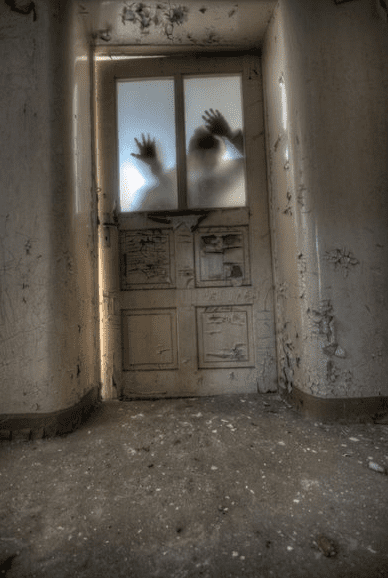P. Ravi Shankar
Kuala Lumpur, Malaysia

The corridor was long, narrow, and brightly painted. The carpet was torn in a few places and the red wall paint was beginning to peel off. Sixteen of us walked through the corridor into the restaurant. The food was tasty, but we were too scared to enjoy the meal. Our minds were distracted. Today was the first day of medical college.
Many of us had just entered the hostel that morning. As students in a government medical college, we had few belongings. A rolled bed and pillow and a suitcase were all we had. Some had a bigger metal trunk. The hostel was new, but the room was small, and there were three students in a room. The seniors were already on the prowl looking for freshers. One of my batchmates was already in tears. He had been forced to shave off his luxuriant moustache. For most of us, it was our first time away from home.
The hostel security guards and the assistant warden walked through the corridor trying to reassure us. We were all staying together in one block of the hostel and our immediate seniors stayed directly below. We had already been verbally abused and our seniors let us know in no uncertain terms that tonight much worse was in store for us.
As soon as classes were over we got into college buses, planning to spend the evening in Thrissur town. Thrissur is a small town in central Kerala known for its temples and rich cultural heritage. On our way to the buses, many of us were waylaid and ragged by the seniors, although it was relatively benign because of the presence of the faculty and the anti-ragging squad. The members of the squad had told us to contact them if there were any problems and not to be afraid.
We left for the town as a large group, thinking there was safety in numbers. We were discussing how to avoid the worst of the ragging. After dinner, we returned to the deserted campus. As soon as we entered the hostel, we were treated to a torrent of abuse from our seniors. Our maternity, paternity, and genetic heritage were questioned in the vilest of terms.
Some of us were dragged by the seniors into their rooms and we could hear the hostel security banging on the door and threatening those ragging us with consequences. But the verbal abuse continued. It was impossible to stay safe all the time and eventually most of us were ragged by our seniors. The ragging at Thrissur was milder than at some of the other medical colleges, as most of us did not have to assume the anatomical position in our birthday suits in front of a crowd of seniors.
Ragging had become a serious issue even then. An engineering student had committed suicide, unable to bear the brutal ragging. The authorities had taken some measures to protect the newcomers, but it was clearly not enough. Ragging was common in professional colleges in India and is attributed to the British colonial influence.
During the 1960s to 1990s, many people were misinformed about the obnoxious practice of ragging. Some had the wrong notion that ragging was essential because it toughened students and prepared them for the challenges of their professional careers. Ragging takes advantage of a power imbalance to allow improper and often sadistic behavior. The person who is ragged eagerly waits for the next intake of students and the cycle continues.
With the criminalization of ragging and strong measures taken by different bodies, I was under the impression that ragging was now an extinct phenomenon in India. But reports show that ragging continues in Indian institutions, though it is less frequent. An old colonial tradition derived from English public schools has been indigenized and become a hydra-headed monster. Deriving pleasure from sadistic acts is not to be condoned and should be dealt with firmly. I sincerely hope soon the monster of ragging will be finally and definitively laid to rest.
DR. P. RAVI SHANKAR is a faculty member at the IMU Centre for Education (ICE), Kuala Lumpur, Malaysia. He has been involved in teaching rational use of medicines to medical students for over two decades. His areas of research interest are rational use of medicines, pharmacovigilance, small group learning, and medical humanities. He enjoys traveling and is a creative writer and photographer.
Highlighted in Frontispiece Volume 14, Issue 4 – Fall 2022

Leave a Reply